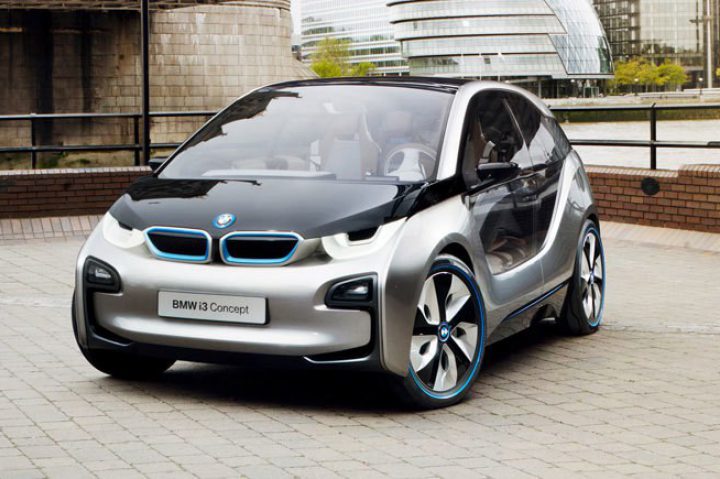Comment on electric vehicles and energy demand
Paul Massara and Dr Jonathan Marshall on claims increased EV use could lead to large increase in energy demand
By George Smeeton
info@eciu.netShare
Commenting on reports suggesting that Government plans to end the sale of petrol and diesel cars and vans by 2040 could lead to large increases in UK electricity demand, Paul Massara, CEO of North Star Solar and former CEO of RWE npower, said:

“The Government’s announcement of a ban on new petrol and diesel car and vans in favour of electric vehicles has led to wild claims of increased electricity demand. Assertions that UK demand could increase by 50%, and could cost £200bn, have been bandied around in the media.
“But this projection of increased demand is the most extreme forecast from the National Grid; in reality, demand is likely to go up by a much lower amount, perhaps as little as 10%, particularly as the UK moves to a more smart, flexible power grid. Likewise, the £200bn figure assumes using the most expensive technology to meet peak demand when many lower cost alternatives are available.
“Electric vehicles are also themselves a key component of a flexible grid, offering energy storage that can help balance supply at demand. They are also an opportunity for UK Plc, as can be seen from major manufacturers like Nissan and BMW choosing the build them in Britain.”
Dr Jonathan Marshall, energy analyst at the Energy and Climate Intelligence Unit (ECIU), said:
“The cherry-picking of facts in the reaction to Michael Gove’s electric vehicle announcement has been deeply unhelpful. For one extreme forecast predicting a 50% increase in demand, there are a multitude of others showing more manageable situations, all of which are far more likely to occur.
“The shift to electric vehicles will of course put extra demands on the grid, but developments in smart charging and vehicle-to-grid technologies, alongside improvements in batteries, make the worst-case scenario an unrealistic prediction. On the flipside is an energy system that wastes less, encourages market dynamics and could save us £8bn according to the National Infrastructure Commission. We have the tools to build it, we just need to make it happen.”